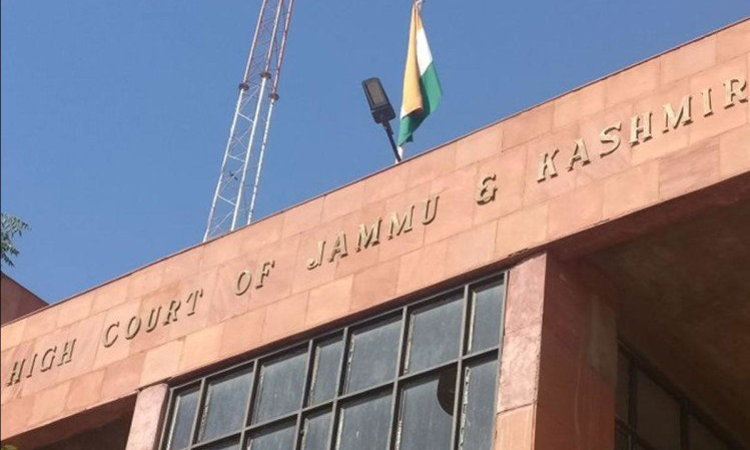Right To Property May No More Be A Fundamental Right, But Its Sanctity As Human Right Is Still Intact: J&K&L High Court
Basit Amin Makhdoomi
30 July 2022 11:45 AM IST

Next Story
30 July 2022 11:45 AM IST
The Jammu and Kashmir and Ladakh High Court on Friday ruled that the Right to property might have fell from the pedestal of being a fundamental right but it continues to enjoy the sanctity of being a Human Right. A bench comprising Justices Tashi Rabstan and Wasim Sadiq Nargal observed: "No person shall be deprived of his/her property saved by authority of law or procedure...
